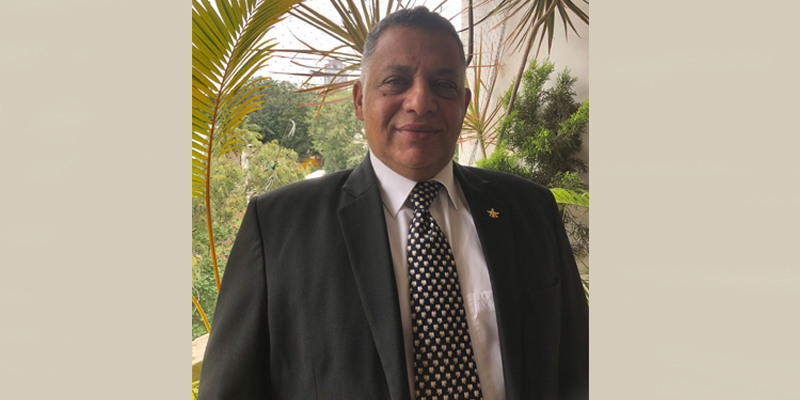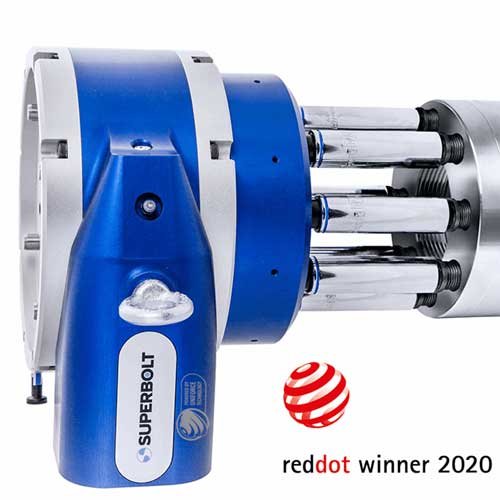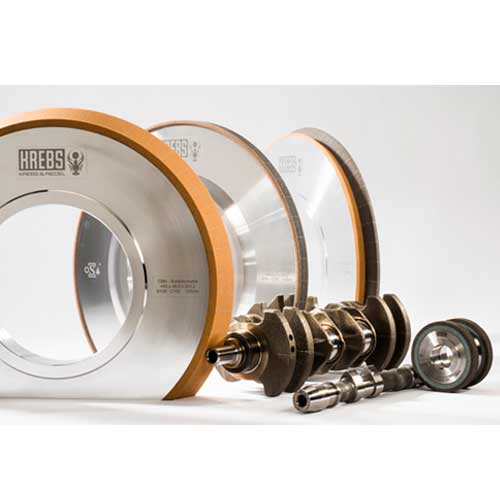Schedule a Call Back
European machine tool makers see India as strategic partner: Filip Geerts
 Articles
Articles- Aug 29,25

Related Stories

European machine tool makers see India as strategic partner: Filip Geerts
In this interview with Rakesh Rao, Filip Geerts, Director General, CECIMO, shares his insights into the challenges, opportunities, and outlook for the European and global machine tools sector
Read more
For Sugatsune, India is a canvas of possibilities: Anil Rana
In this interview with Rakesh Rao, Anil Rana, MD, Sugatsune India, explains how the company wants to become a trusted partner for Indian industries by deepening collaborations and expanding local ca..
Read more
GTW aims to become a global player in customised cutting tools: Tosher Hormusjee
In this interview, Tosher G Hormusjee, Managing Director, GUSTI Tool Works LLP, explains plans to expand capacity, diversify tooling solutions and strengthen exports.
Read moreRelated Products

Bmt Tool Disc and Tool Holders
Prominent Machine Tools offers a wide range of BMT tool disc and tool holders.

Superbolt Tool
Nord-Lock India Pvt Ltd offers a wide range of Superbolt
tool.

Cbn and Diamond Tools
Krebs & Riedel Abrasives India Pvt Ltd offers a wide
range of CBN and diamond tools.


















